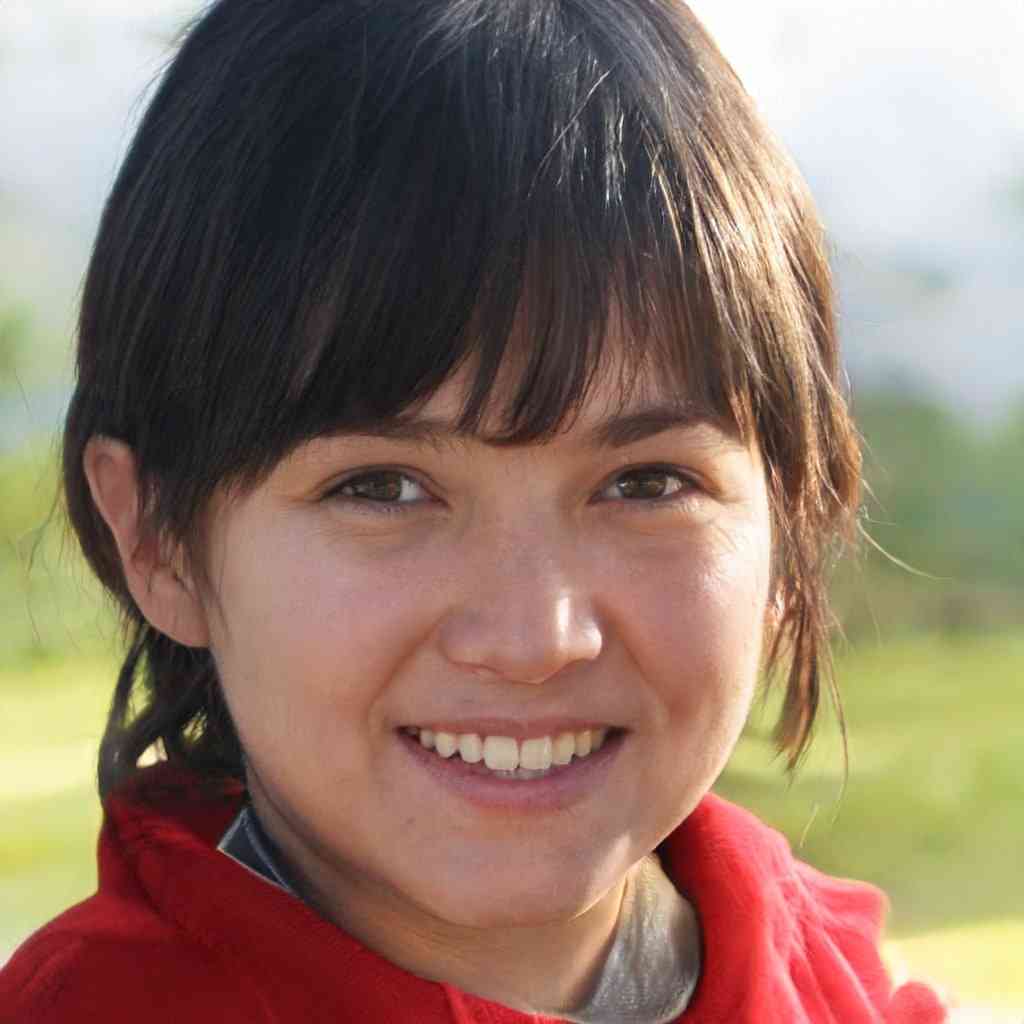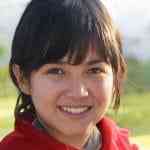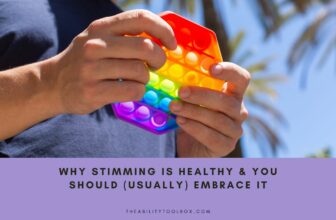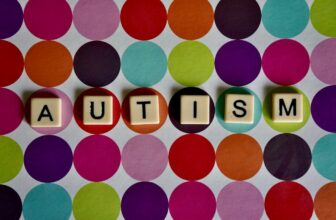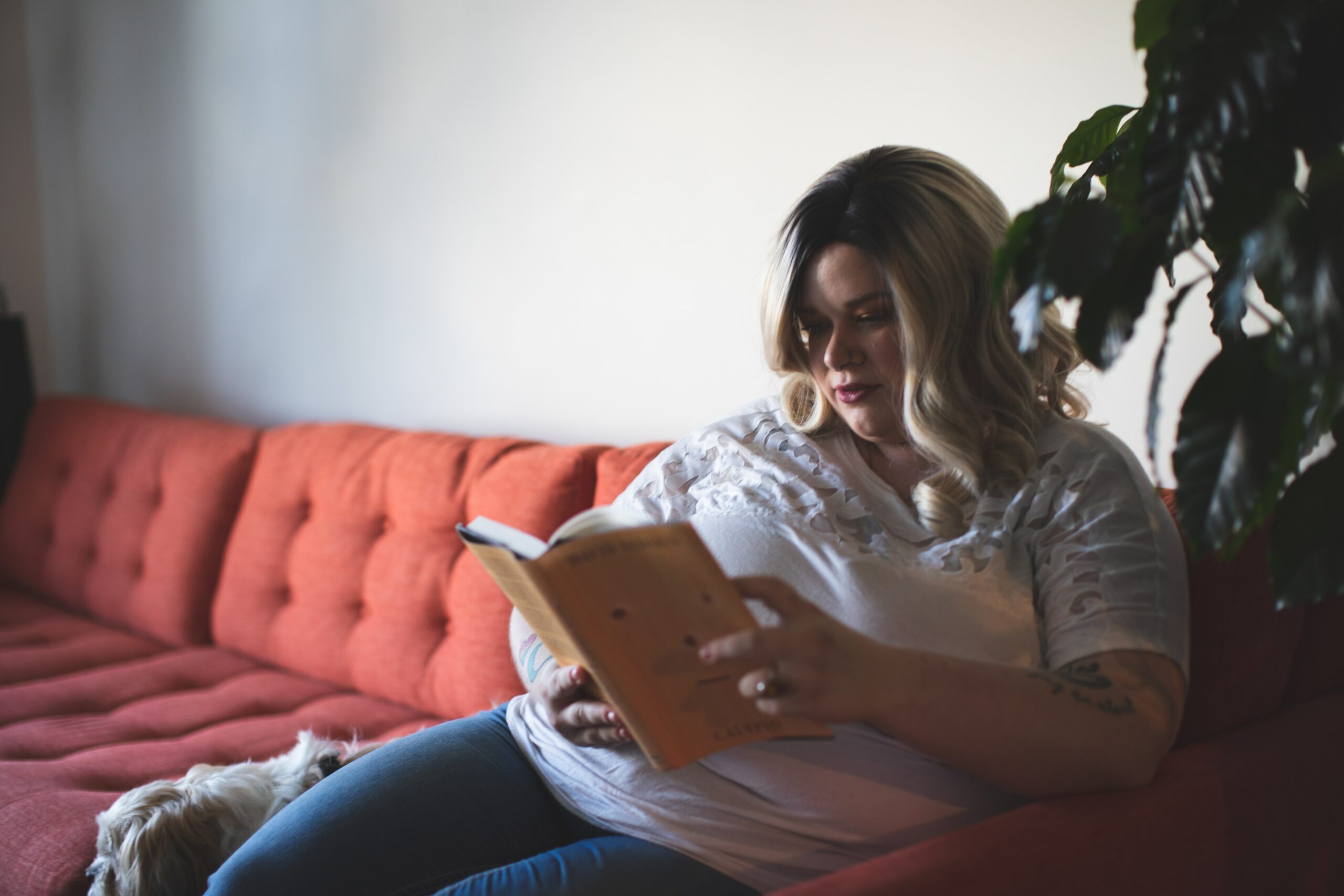
According to the latest statistics, 1 out of 44 children in the United States is on the autism spectrum. Yet despite how common autism actually is, so many books about autism are written by neurotypical people. Some of these writers are true allies, but too many keep spreading damaging myths about autism, view having an autistic child as a tragedy, and suggest that we are damaged and need to be cured. As a young autistic adult, I want to read books about autism that are empowering. I want to read stories about people like me and also diverse people on the spectrum whose experiences are different from mine. I want to read books that help parents understand and support their autistic kids. I want to read books that teach autism acceptance and pride. I want to read books by actually autistic authors.
I want others to read books by autistic writers too, so someday we can live in a world where neurodiversity is valued and embraced. So I created this guide to some of the best autism books written by autistic people. There are so many good books, I couldn’t list all my favorites, so I tried to include people of color, women, and LGBTQ+ folks, as well as educational books to help both autistic people and our families thrive.
As an Amazon Associate, we earn from qualifying purchases.
Autism Books: Memoirs and Autobiographies
The best way to learn about and understand autism is to read books by autistic writers. The spectrum is diverse and no two autistic people are alike, but we do tend to have certain experiences in common, such as feeling like an alien or an outsider, and struggling with sensory overload. These autism autobiographies are fascinating and chances are you’ll see yourself or a loved one’s life reflected in their stories.
“Look Me in the Eye: My Life with Asperger’s” by John Elder Robison
This is one of the most popular autism autobiographies, and for good reason. John Elder Robison is a great writer who brings you into his world with a story that is both unique and relatable. His brother is Augusten Burroughs of “Running with Scissors” fame (that movie was wild!) Whether you are an autistic person, a family member, or you’re new to this world, this book is a great place to start.
Look Me in the Eye: My Life with Asperger's
227 used from $1.30
“The Reason I Jump” by Naoki Higashida
I’m a verbal (some people would say too verbal) autistic person, but one of the most frustrating things to me is the assumptions neurotypical people make about those in our community who are non-verbal, or non-speaking as some prefer to be described. They assume non-speaking/non-verbal autistics don’t understand what’s going on, which is far from the truth, and this book proves it. These are the words of a non-verbal teen on the autism spectrum sharing his perspective on the world. I am sure every non-verbal person you meet has things to say that they can’t express. So please read this book and show some respect!
The Reason I Jump: The Inner Voice of a Thirteen-Year-Old Boy with Autism
113 used from $1.99
“I Overcame My Autism and All I Got Was This Lousy Anxiety Disorder” by Sarah Kurchak
I relate to this memoir so strongly as someone who has both autism and anxiety. Most of my anxiety comes from living in a world that doesn’t understand autistic people and judges us for being different. Like many autistic people, the author tries to hide her neurodivergent traits and that leaves her feeling anxious and overwhelmed by life. Autism is part of us, and “overcoming” it can lead us to cope in unhealthy ways.
I Overcame My Autism and All I Got Was This Lousy Anxiety Disorder: A Memoir
“How to Be Autistic” by Charlotte Amelia Poe
As a creative autistic woman with hyper-empathy, I felt an instant connection with this autistic artist’s story. If you are queer and/or gender non-conforming, you’ll relate to this book, and if you’re a parent who is confused by your autistic child/young adult’s gender journey, you can learn a lot from Poe’s writing.
“Funny, You Don’t Look Autistic” by Michael McCreary
Yes, autistic people have a sense of humor! The writer is an autistic comedian and his book title references something many of us hear a lot, “You don’t look autistic.” As if autism has a look! We are as diverse as anybody else. If you want to have a good laugh and learn something at the same time, read this autobiography.
Funny, You Don't Look Autistic: A Comedian's Guide to Life on the Spectrum
54 used from $2.35
Ten Steps to Nanette: A Memoir Situation by Hannah Gadsby
Hannah Gadsby is one of the most important voices in comedy today, and she’s a late-diagnosed AuDHDer, meaning she has both autism and ADHD. It’s more common than you think! Hannah Gadsby proves that you can be a successful autistic without compromising who you are, and that we neurodivergent people have unique gifts to share. If you were diagnosed as an adult after going through childhood wondering why you never fit in and people found you weird, you’ll find this book relatable. I know I do! I recommend getting the audio version of her book if you are able to hear, as she narrates it herself.
“I Am Strong” by Dr. Lamar Hardwick
Dr. Hardwick is a Black minister who writes about being diagnosed with autism in his mid-30s and his advocacy for inclusion in religious communities. If you are an autistic Christian, or a person of faith who wants to make your church welcoming to neurodivergent people, this is an important read.
I Am Strong: The Life and Journey of an Autistic Pastor
6 used from $5.10
“Thinking in Pictures” by Dr. Temple Grandin
Temple Grandin is one of the most famous autistic people alive today. Her autobiography provides a fascinating glimpse into the autistic mind that will interest both neurodivergent and neurotypical people.
Thinking in Pictures, Expanded Edition: My Life with Autism
117 used from $1.22
“Autism in Heels” by Jennifer Cook O’Toole
This is another great book about being a woman on the autism spectrum who feels like she has to mask/hide her neurodivergence to fit in. If you think all autistic people are math geniuses and act like Rain Man — well, you have a lot of learning to do, but this book dispels those myths and more. Jennifer identifies as having Asperger’s syndrome, a diagnosis that is no longer given because we now have autism levels 1, 2, and 3, but some people still prefer it or use it as a shorthand to explain their type of autism to people who don’t understand or have a narrow view of what “autistic” means. If you are late-diagnosed or wondering if you might be on the spectrum, this book might help you.
“Spectrums” by Maxfield Sparrow
This is an anthology of short autobiographical essays written by autistic trans people in which they share their stories of coming out, friendships, relationships, and more. I have trans and non-binary autistic friends and they struggle with people from both communities not understanding them. So if you have a trans autistic loved one (or even if you don’t know anyone at this intersection yet) this book is a must-read.
“All the Weight of Our Dreams: On Living Racialized Autism”
This anthology is out of print. Why is it out of print? It makes me so sad. It just came out a few years ago and it’s one of the few books that describes what it’s like to be an autistic person of color. If you can find a copy, pick it up because it’s one of the most important things you’ll ever read. We need more diversity in autism stories and this book was trying to provide it. Please support the work of autistic POC whenever you can.
All the Weight of Our Dreams: On Living Racialized Autism
Autism Books: Educational & How-To Guides
Far too many nonfiction and educational books about autism are written by neurotypical people who perpetuate stereotypes and myths about the spectrum. These books are all written by actually autistic authors and can help autistics, parents of autistic kids, and the general public to learn about and support neurodivergent people in an empowering way.
“Sincerely, Your Autistic Child” by Emily Paige Ballou, Sharon daVanport, Morénike Giwa Onaiwu, and the Autistic Women and Nonbinary Network
If your child was just diagnosed with autism, this is the book for you! You might be scared. You might have heard negative things from doctors about your child’s future. But the most important people to listen to are those who have been where your child is right now… Autistic adults. These autistic adults have written a book to help you help your child and learn more about autism. If you’re a parent and you can only buy one book from this list, make it this one.
Sincerely, Your Autistic Child: What People on the Autism Spectrum Wish Their Parents Knew About Growing Up, Acceptance, and Identity
“We’re Not Broken: Changing the Autism Conversation” by Eric Garcia
This book by an actually autistic journalist is an important read for both parents and people on the spectrum. It addresses many of the common myths about autism and shows how much neurodiverse people can contribute to the world if people take the time to understand us and give us a chance.
We're Not Broken: Changing the Autism Conversation
26 used from $5.85
“I Think I Might Be Autistic” by Cynthia Kim
Have you been wondering if you could be on the spectrum? This autism educational book is perfect for people who feel like they are neurodivergent but don’t fit into the narrow boxes of the DSM and/or didn’t realize the criteria for autism might apply to them. The writer is autistic and went on the same journey to discover the truth about herself that you’re going through right now. I was diagnosed as a kid, but I gave this book to my friend who was becoming aware of her sensory and social challenges. I thought she could be autistic and after reading this book, she realized it too and sought an autism diagnosis, which she got.
I Think I Might Be Autistic: A Guide to Autism Spectrum Disorder Diagnosis and Self-Discovery for Adults
“The Awesome Autistic Go-To Guide” by Yenn Purkis and Tanya Masterman
I wish I had this book as a teenager. It’s a must read for any young person trying to navigate the complicated social world of adolescence. Those years are tough for everybody but especially tough for autistic teens. If you have a teen on the spectrum, this educational book would make a great gift for them as they navigate middle school and beyond.
The Awesome Autistic Go-To Guide: A Practical Handbook for Autistic Teens and Tweens
32 used from $8.22
“The Autism Spectrum Guide to Sexuality and Relationships” by Dr. Emma Goodall
This book is essential for autistic teens, but also for adults who didn’t get the education we needed on sexuality and relationships. Relationships have so many unwritten social rules that are hard for us to master even when our overall social skills may seem OK on the surface. We can get taken advantage of or even abused and not know it, or think that we can’t find somebody better because we are neurodivergent. The autistic writers describe things that neurotypical people might not even think to mention because they assume everyone understands, but that’s not always the case. But I think even non-autistic people should read this book, because relationships are complicated no matter what.
The Autism Spectrum Guide to Sexuality and Relationships: Understand Yourself and Make Choices that are Right for You
7 used from $16.00
“Supporting Transgender Autistic Youth and Adults” by Finn V. Gratton
This autism book explains the concept of “neuroqueer” and is written by an author who identifies as neuroqueer. If you have a loved one who is autistic and transgender or non-binary, this book can help you understand what they’re going through and support them.
Supporting Transgender Autistic Youth and Adults: A Guide for Professionals and Families
There are SO MANY great autism books by autistic writers, I can’t list them all here. But I hope these will at least get you started on the path of learning about autism from those of us who understand it firsthand. Please listen to and support actually autistic people. And if you have suggestions of books by autistic authors that should be on this list or another one, please contact The Ability Toolbox and we’ll add them!
More Neurodiversity & Autism Resources in The Ability Toolbox
- Comfortable Autism Noise Canceling Headphones and Earplugs
- Why the Autism Puzzle Piece Is Bad, and What to Use Instead
- Autism T-Shirts and Clothing to Celebrate Neurodiversity Acceptance
- Sensory Swings for Kids and Adults with Autism or ADHD: A Guide
- Sensory Overload Self-Help Guide: Coping Tips to Help You Thrive
Photo by AllGo – An App For Plus Size People on Unsplash
Hey I'm Olivia and I'm a proud Autistic woman. My special interests are cats, stim toys, and electronic music! I love to write and help other Autistic adults find ways to enjoy life in this LOUD world!

